Talking peace in Afghanistan
A united stable Afghanistan is in the interest of Pakistan, failure of these talks will be a 'disaster' for Pakistan.
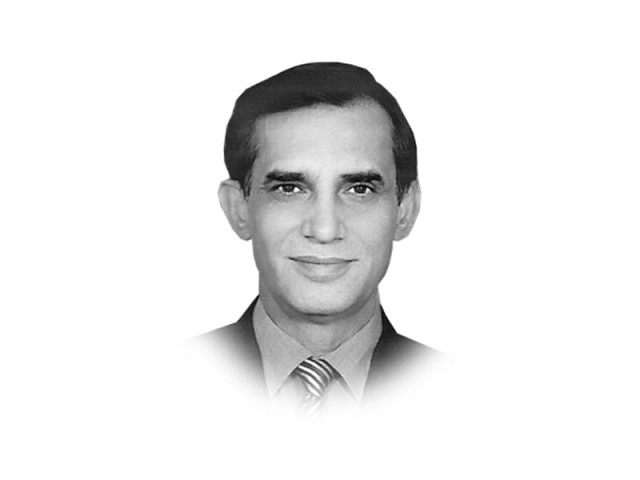
The three-day visit included meetings with the Afghan Peace Council. From these talks it was obvious that serious efforts are underway to bring peace to Afghanistan by engaging the Taliban in negotiations, though from what I could gather of the plan, it has many snags in it.
Afghanistan High Peace Council chairman Professor Burhanuddin Rabbani said that the Afghan Taliban held by Pakistan should be released. America will release some of the Taliban leaders it has as captives. Simultaneously, the United Nations will be asked to ease sanctions on certain Taliban leaders, which has already been done. These released leaders will be taken to another country which, in my understanding, is Turkey. Information available suggests that a Taliban office has already been established there.
A closer look at the developments of the past few weeks puts all the pieces together. Pakistan President Asif Ali Zardari visited Iran. On the eve of his visit to Iran, the Saudi ambassador to Pakistan called on him. Prior to going to Iran, President Zardari visited Kabul, apparently to condole the death of President Karzai’s brother. Now he is in Saudi Arabia, probably to discuss his Iran visit.
On the other hand, if we look at the ground situation, it is still volatile. In july, Nato handed over parts of Helmand to Afghan forces. This is a test case with Isaf forces present to oversee it. The real problem will be in Pashtun dominated areas from where Taliban draw their strength. The killing of Karzai’s brother and his close adviser must have sent shudders across pro-government elements. Does this suggest that the Taliban are also divided on the issue of talks with Karzai government?
The Pashtun, non-Pashtun divide was clearly visible amongst the Afghans at the top level. This divide if not sorted out will have grave consequences for Afghanistan as well as Pakistan.
The major issues at hand are how to include the Taliban in the government and making them accept the constitution of Afghanistan. They are likely to demand major changes in the constitution. As they do not have representation in the parliament due to boycott of elections, how will existing parliament members respond to their demands?
Secondly, leaving out certain hard-core Taliban will result in a division of the Taliban. They will still fight and the problems will remain unsolved.
For Pakistan, it is time to take stock of its own position and take decisions accordingly, because the US may leave Afghanistan as announced, and we will face the after-effects of the fallout. A united stable Afghanistan is in the interest of Pakistan. The failure of these talks or escalation of hostilities among Afghans factions may ultimately result in a division of Afghanistan on ethnic lines. A Pashtun Afghanistan on our borders will be a disaster.
Published in The Express Tribune, August 6th, 2011.



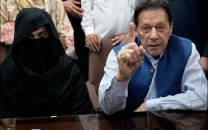
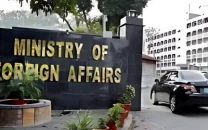
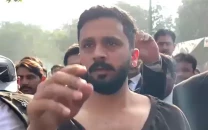





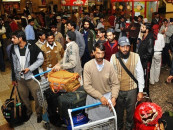
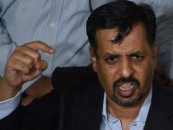






COMMENTS
Comments are moderated and generally will be posted if they are on-topic and not abusive.
For more information, please see our Comments FAQ